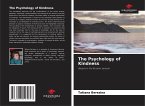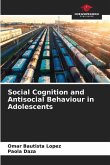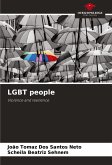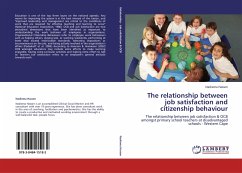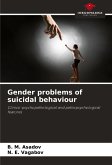This book is the result of a survey that aimed to analyse the type of unconditional love defined by John Alan Lee with people who act for the good of others and people who act for themselves. Data was collected from 200 Likert-type questionnaires. The questionnaire consisted of 24 questions designed by Lee to define the type of love and 24 created by the researchers specifically to measure selfish behaviour. The answers were statistically analysed using Pearson's correlation. The data shows that those who practise unconditional love are the same people who act for the good of others in the positive belief that they will receive something in return. On the other hand, people who act in favour of themselves and always expect a short-term return for their actions did not correlate with any of Lee's six types of love. In conclusion, it is necessary for human beings to be helpful and friendly, what common sense calls "good people", because nobody wants someone close to them who doesn't have these qualities. Individuals who approach others and are perceived as wanting to take advantage, to "get along", are rejected.
Bitte wählen Sie Ihr Anliegen aus.
Rechnungen
Retourenschein anfordern
Bestellstatus
Storno


